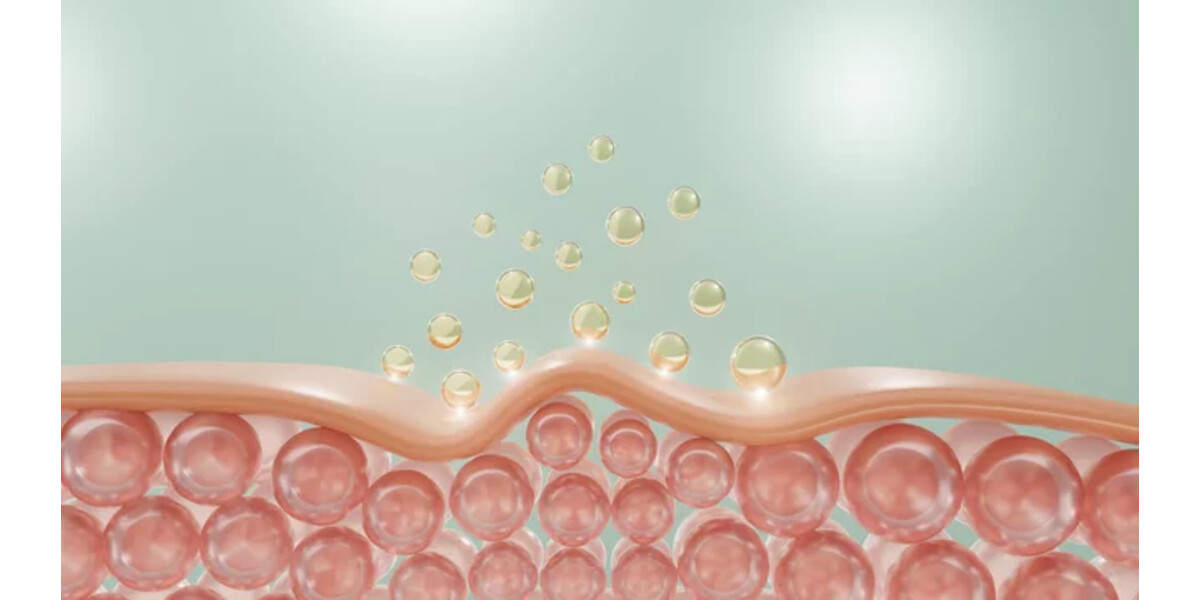In the world of beauty trends and skincare, understanding the significance of collagen production is important. Discover why it’s crucial and effective ways to boost it for radiant skin.
Beauty and wellness products often claim to be grounded in science, but not all of them live up to these promises. One such ingredient that has gained attention is collagen, a protein with numerous health benefits.
However, it’s important to note that collagen is naturally produced by our bodies and can also be obtained from dietary sources.
What is Collagen?
Collagen is a vital protein found throughout our bodies, providing structural support to various tissues such as skin, tendons, and ligaments.
There are 29 types of collagen, and it accounts for about 30% of the body’s total protein. Skin and bones contain the highest concentrations, making up 70% of skin protein and 80% of bone protein.
The Role of Collagen
Collagen serves a crucial role in maintaining the function and structure of different organs and tissues. In our skin, it acts like the springs in a mattress, keeping it plump and firm. This structural support helps maintain skin health and appearance.
Best Sources of Collagen Production
Incorporating collagen into your diet is beneficial. Animal proteins like chicken, eggs, fish, and bone broth are excellent sources. Additionally, foods rich in vitamin C are important as they aid in collagen production.
To preserve collagen, consuming antioxidants is essential. These can be found in foods like blueberries, apples, beans, cranberries, pecans, and dark leafy greens. Avoiding direct sun exposure, smoking, and pollutants is also crucial, as they can deplete collagen levels.
Supplementing Collagen
For some individuals, dietary choices alone may not be sufficient. Elderly individuals or those with gastrointestinal or autoimmune disorders may benefit from collagen supplements.
High-quality hydrolyzed collagen supplements, manufactured in the United States, are recommended by experts. These supplements can complement a collagen-rich diet, supporting overall health and well-being.
Understanding the importance of collagen in maintaining the structure and function of our bodies is essential. While collagen can be sourced from foods like animal proteins and vitamin C-rich options, it’s equally important to protect and preserve collagen through antioxidants and lifestyle choices.
For those with specific needs, collagen supplements can provide additional support. By incorporating collagen into your daily routine, you can promote skin health and overall well-being.
Share your thoughts in the comments below!








Leave a Reply
You must be logged in to post a comment.